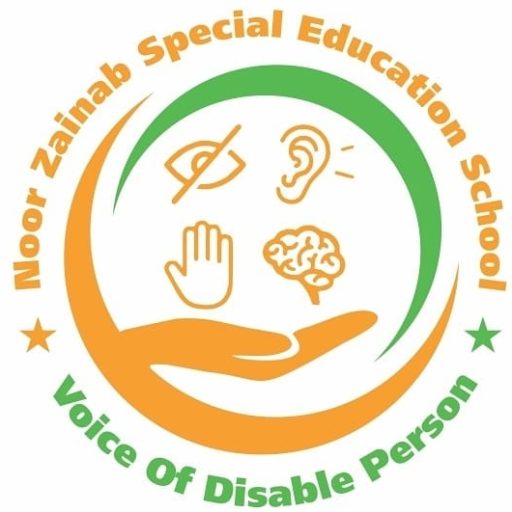Dyspraxia and Co-occurring Conditions: A Comprehensive Review
Dyspraxia and Co-occurring Conditions: A Comprehensive Review Developmental Coordination Disorder (DCD), another name for dyspraxia, is a neurological disorder that impairs motor coordination and planning. It is a chronic illness that can affect day-to-day functioning…

